The Best Time of Day to Weigh Yourself
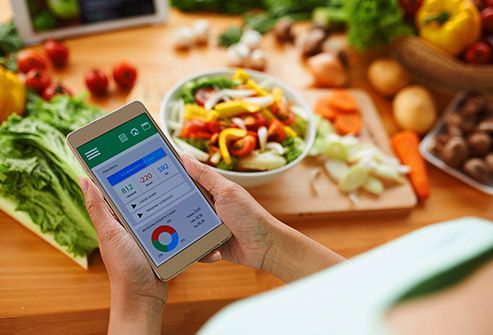
1
/
15
Your Diet
The balance between energy in (eating) and energy out (burning off those calories) is why your weight goes up and down. If you take in more than you burn, you gain weight -- sometimes right away. Losing that weight can be hard, too. To lose 1 pound, experts say, your calorie balance (eating minus burning off) needs to be 500 fewer than normal each day for a week.
Swipe to advance
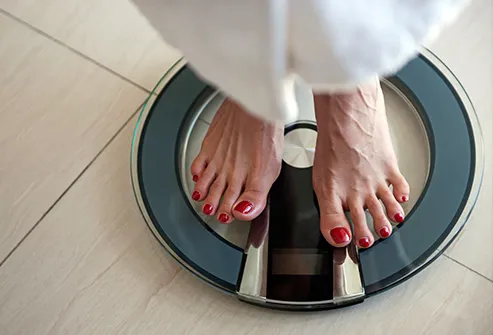
2
/
15
How You Weigh Yourself
You can't just hop onto your bathroom scale and expect a spot-on measurement every time. The flooring your scale sits on (it should be on a hard surface), how you stand (weight even on both feet), and the clothes you wear (or don’t) need to be consistent. If not, you may see wildly different numbers.
Swipe to advance
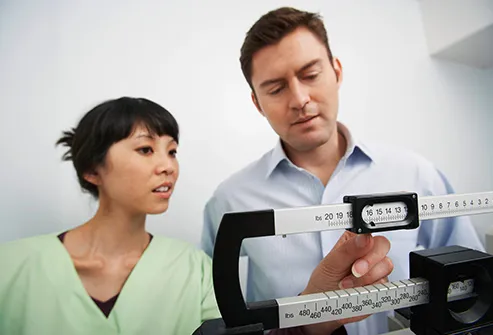
3
/
15
The Scale You Use
We all know you can jump onto a scale at the doctor’s office, drive back home, jump onto yours, and see a big difference. Scales differ. Digital ones are usually more accurate. Whichever type you use, make sure you zero out your scale before you climb on.
Swipe to advance

4
/
15
When You Weigh Yourself
Morning is usually the best time to get your most accurate reading. You’ve had some sleep, and you probably haven’t had much to eat or drink yet. As the day goes on, though, you will. Expect your scale to top out after a big meal. If you brace yourself, it’s a little easier to take.
Swipe to advance

5
/
15
Exercise
Some athletes can drop 6% to 10% of their body weight after a single workout (that’s mostly in sweat). Your change may not be as drastic. But dropping a pound or two after you hit the gym isn't uncommon.
Swipe to advance
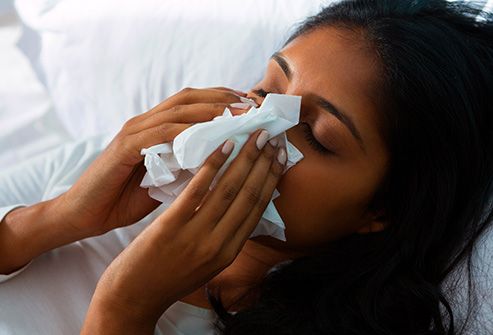
6
/
15
Your Health
Illness and disease can bring unexpected weight change. Cancer, diabetes, heart failure, and even the common cold can have ripple effects. If you lose your appetite or retain water, that may tip the scale one way or the other. Talk with your doctor if you see changes that you didn't expect.
Swipe to advance
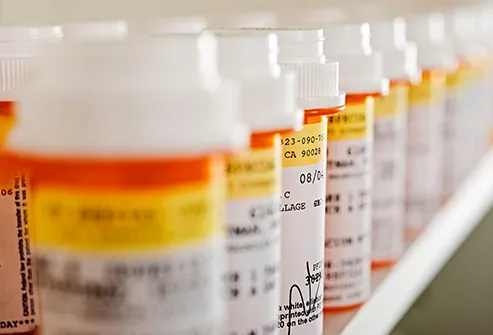
7
/
15
The Medicine You’re Taking
Many drugs, including anti-inflammatories, antihistamines, and opiates, can cause quick weight loss. Other meds, like insulin, antidepressants, and some anti-epileptic drugs, could make you gain weight quickly. Always ask your doctor about side effects of the medicines you take, both prescription and over-the-counter.
Swipe to advance
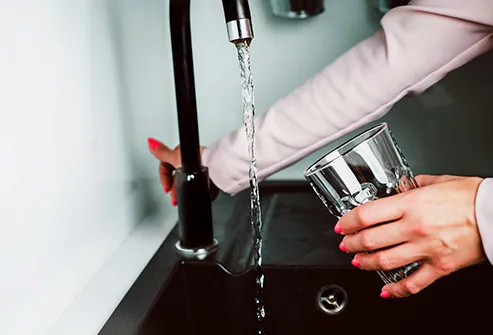
8
/
15
Drinking Too Much Water
A quart of it weighs about 2 pounds. If you just drink it -- and you don’t exercise -- that’ll show up on the scale right away. That doesn't mean you should give up H2O. In the long run, drinking water (especially instead of high-calorie sugary beverages) can help you lose weight.
Swipe to advance
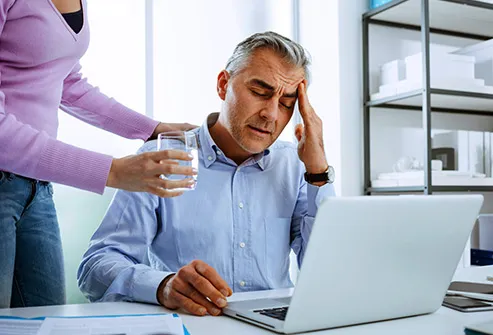
9
/
15
Not Drinking Enough Water
Somewhere between 55% and 75% of your body is water. Falling below your natural level can bring headaches or dry skin. If you fall too far under, you may have trouble thinking straight. You may also drop weight suddenly. If you don’t drink enough to replace what you lose through the day, the scale will show it.
Swipe to advance

10
/
15
Your Daily Coffee
Studies show that your cup of java (or three) can help you keep your weight in check. Caffeine might help squelch your appetite or burn a few calories. But be careful: A high-calorie, high-fat drink might push the scale the other way, too.
Swipe to advance

11
/
15
Salt
Too much of it in your diet is bad for your heart. It can cause you to retain water, too. That can raise your weight. Plus, people with high-sodium diets tend to eat more processed foods and snacks. Those are all high in fat and calories. Too much of those can put pounds on in a hurry.
Swipe to advance
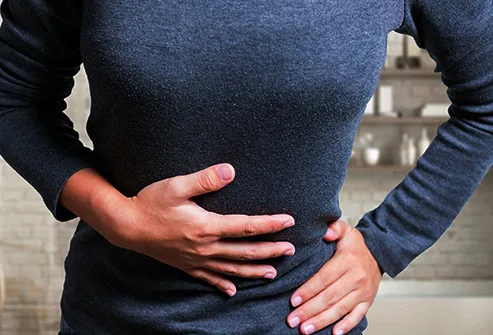
12
/
15
Bathroom Breaks -- or Lack Of
Your weight can change depending on how much you’ve used the bathroom. Eat a big meal, but don’t have a bowel movement? It shows. (It's called fecal weight.) Too much to drink can register on the scale, too, if you don’t pee. On the other end of the spectrum, diarrhea can bring dehydration and weight loss.
Swipe to advance
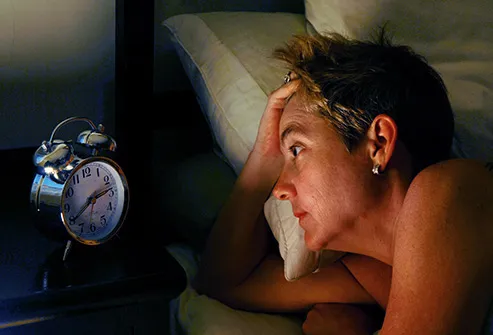
13
/
15
Your Sleep Habits
Studies show that how much -- or how little -- you sleep can change your weight. For example, after sleepless nights, you may feel hungrier than usual. That can cause you to eat bigger meals, which can lead to scale shock later in the day.
Swipe to advance

14
/
15
Your Age
You may not see your weight change on the day you turn 30 (or 40 or 50). But as we get older, many of us gain weight naturally (we may become less active or have other changes like menopause). After about 60, you may start to lose your appetite (it may be harder to chew, or you may be ill or depressed). That can cause you to drop pounds.
Swipe to advance
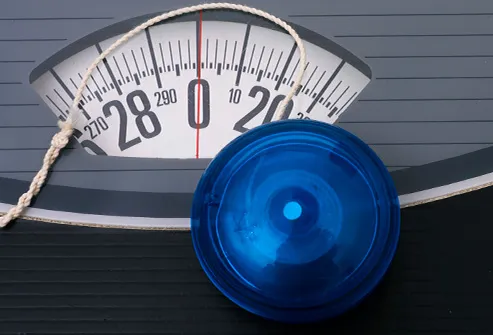
15
/
15
Your State of Mind
While you’re stepping on a scale a few times a day, know that changes happen. Don’t get too worked up about it. Weighing yourself every day to stay aware of those ups and downs can help you keep a healthy weight -- or at least stay within a couple pounds of it.
- Get link
- X
- Other Apps